BETTY premieres on HBO Nordic on May 2.
There’s a moment of pure magic in BETTY about halfway through the all too short first season. The group skates down the street on their way to spend the night partying as the sun begins to set. New York is painted in golden brown, crimson, and blue. Everything slows down. Youth lasts forever. It is as perfect an encapsulation of childhood in the modern era as anything filmed this generation.
Directed by the superlative Crystal Moselle and co-written by LOVE and BROOKLYN NINE-NINE alumni Lesley Arfin, BETTY is a vibrant, heartwarming moment in time that elegantly captures the tentative steps into young adulthood. At just three hours long (split into six half hour episodes), BETTY implants itself into your soul, where it feels like a memory from long ago.
Spinning off of Moselle’s previous film, SKATE KITCHEN, the series follows the daily lives of five teenagers living in New York and its boroughs. Coming together at the prospect of an all-girl skating session; Janay, Kirt, Camille, Honeybear, and Indigo quickly discover bonds that run deeper than their time at the park. All leads are playing variations of themselves, much like in SKATE KITCHEN, and the naturalistic dialog sounds like it’s been sampled from daily quips between the group. Each one of them feels remarkably natural on screen. Almost as if you’re hanging out with people you’ve known for years.
It’s this easy chemistry, the series sidesteps all potential clichés and contrivances typical to the genre. There are the usual moments of self-realization and growth, but they’re not underlined or spoon-fed, making them all the more uncomfortable for reminding us how they used to feel when we experienced them. Camille (Rachelle Vinberg) tries trading her personal value and happiness for momentary approval from those who will never see her as an equal, and the resulting fallout is played with grace and nuance. Vinberg, previously the lead in SKATE KITCHEN, delivers a towering performance of internalized anguish as she is split between two worlds. The same praise extends to the wonderful Moonbear coming to grips with not just her newfound crush, but dealing with societal norms taking way too long to catch up with her own identity.
Their friend Kirt holds the group together with a lackadaisical attitude that can turn into a wrecking ball at moments notice, especially if her friends are threatened. Played with an aloof coolness by Nina Moran, Kirt has the dry, droll air of a Coen Brothers movie around her, and she’s one of the funnest parts of the series. But it’s Janay, played convincingly by Dede Lovelace, who has the most emotional part, dealing with sexual molestation accusations towards her friend and YouTube partner. The smart and nuanced script allows for the #MeToo era to blend into the world organically, never once using either victim or the movement to preach to the choir. Opting instead for a journey from denial to understanding, effectively placing us in the shoes of those scrutinized when they come forward.
Moselle rose to prominence with her incredible documentary THE WOLFPACK, following a group of brothers raised in seclusion in New York who raised themselves culturally on a never ending dose of pop-culture. Together the brothers created a microcosm in their cramped apartment, modeled on a world they knew filtered through the imagination of others. In BETTY, Moselle allows that real world to seep into the story in a way which feels both natural, yet wildly their own. Instagram, iPhone’s, and the internet are used as adjectives when opportunity presents itself, yet it never feels like an advertisement. This is the language as it is spoken now for the hyper connected generation. And because technology isn’t treated like a MacGuffin or some sort of wizardry, it becomes a Rosetta Stone into understanding the importance of what is said.
BETTY’s pacing is like its leads: chill to the point of appearing unfocused. But a precise narrative is not the point here. As with any youthful summer, events and people come and go with little fanfare; a city wide hunt for a missing backpack will take detours left and right, always returning to the initial quest in the end; friends flow in and out of life without warning; things that once were easy to shrug off now carry unexpected weight. It captures the inevitable shift into the first autumn, where things are no longer the same.
Just as in real life, you don’t know when adulthood really begins until it’s already here.


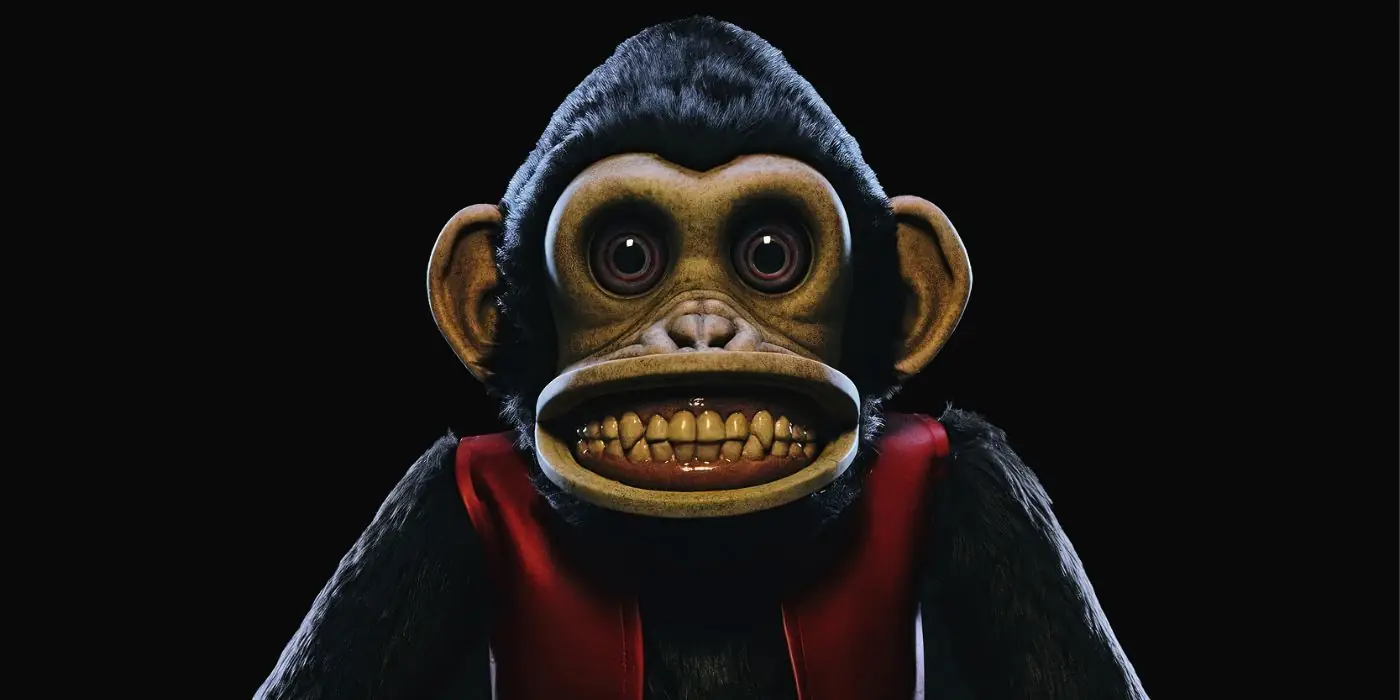
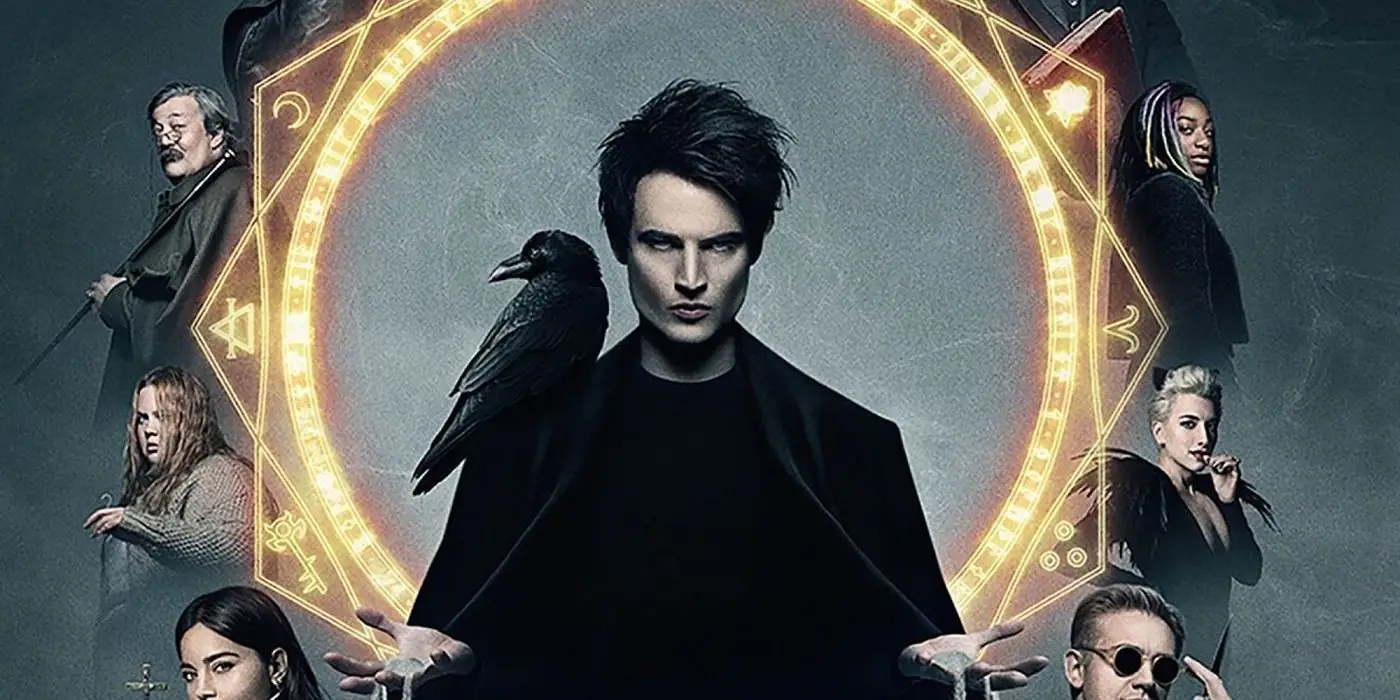
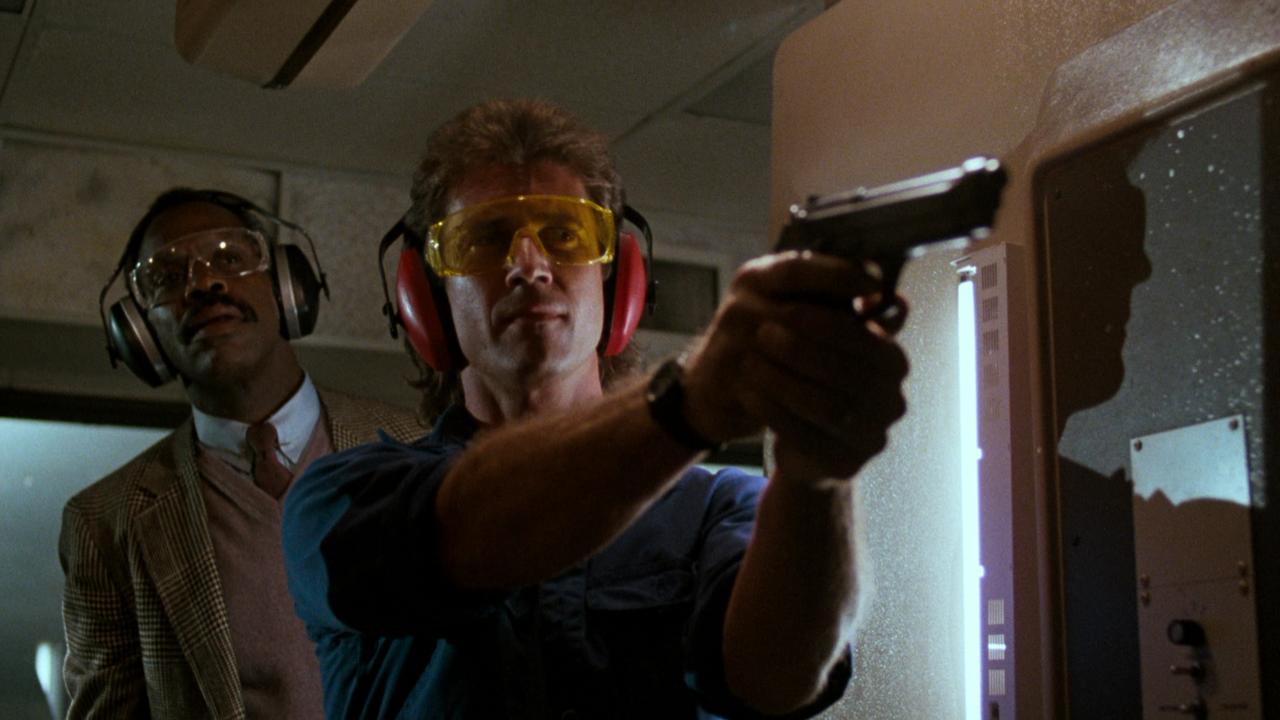

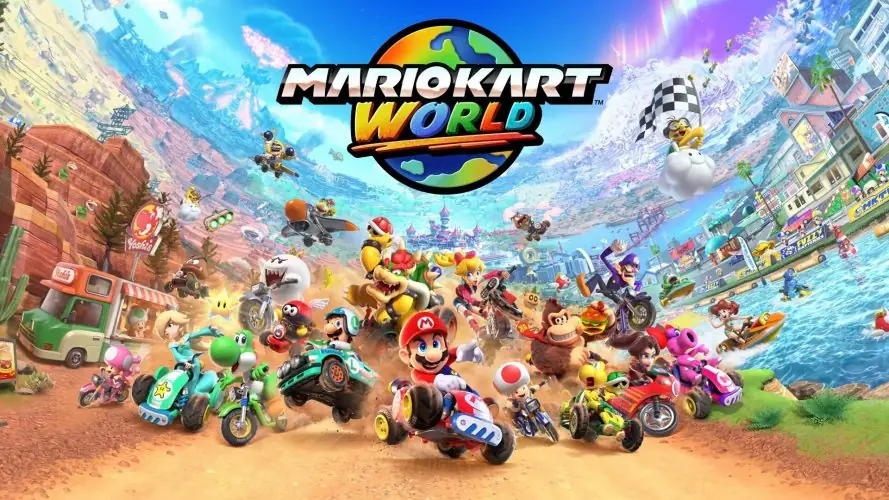
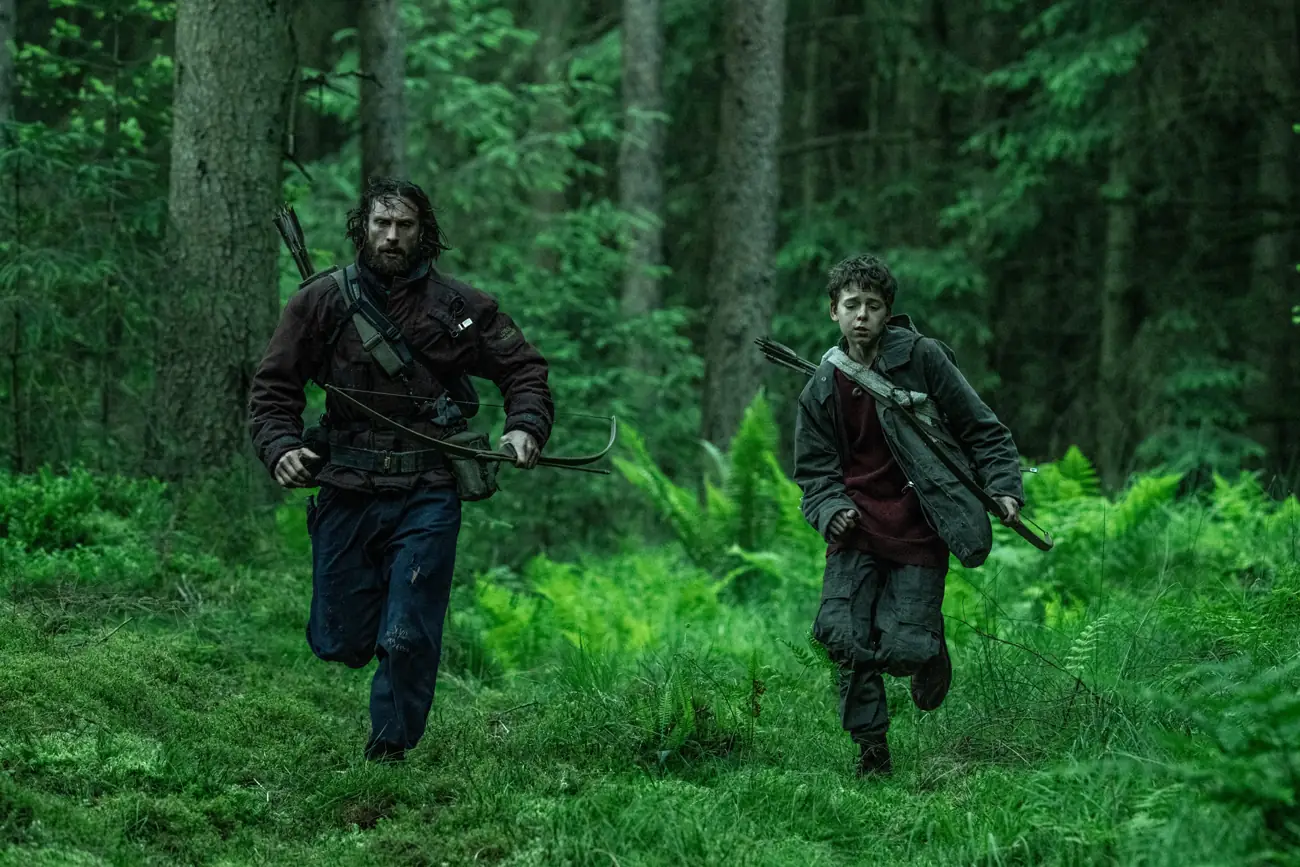
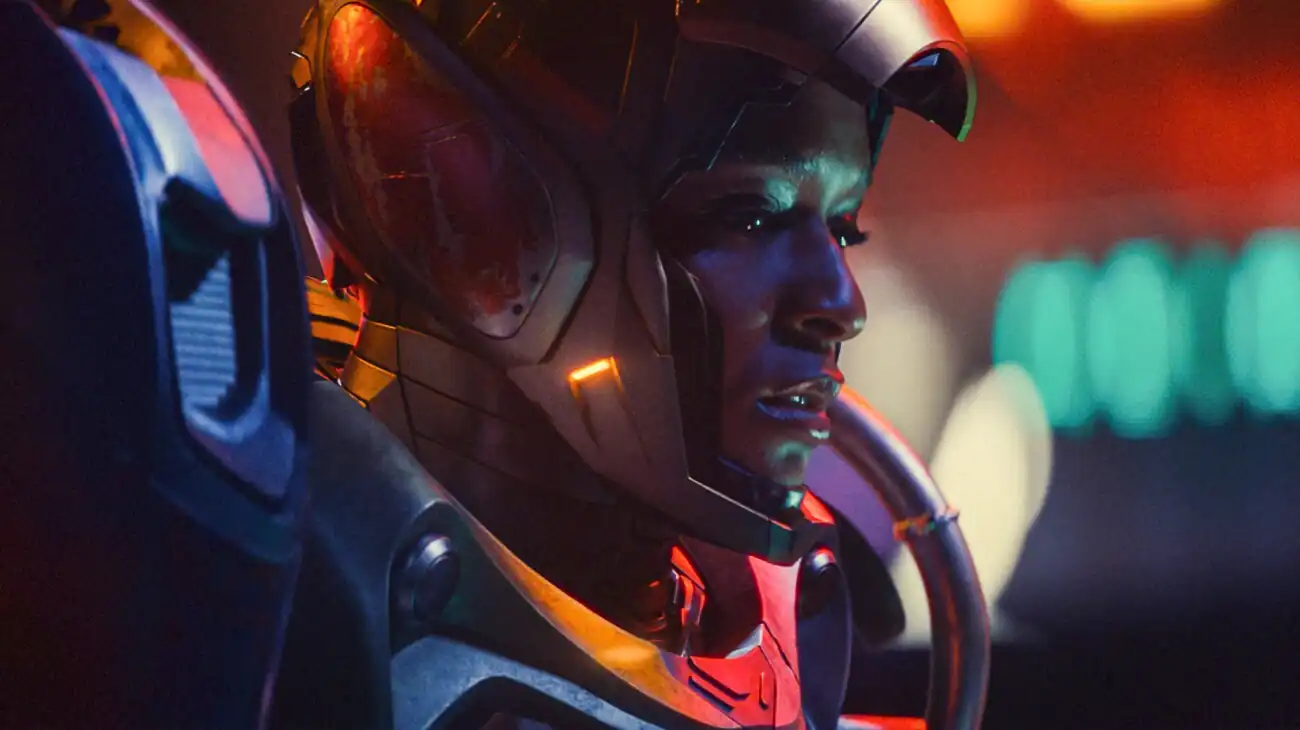

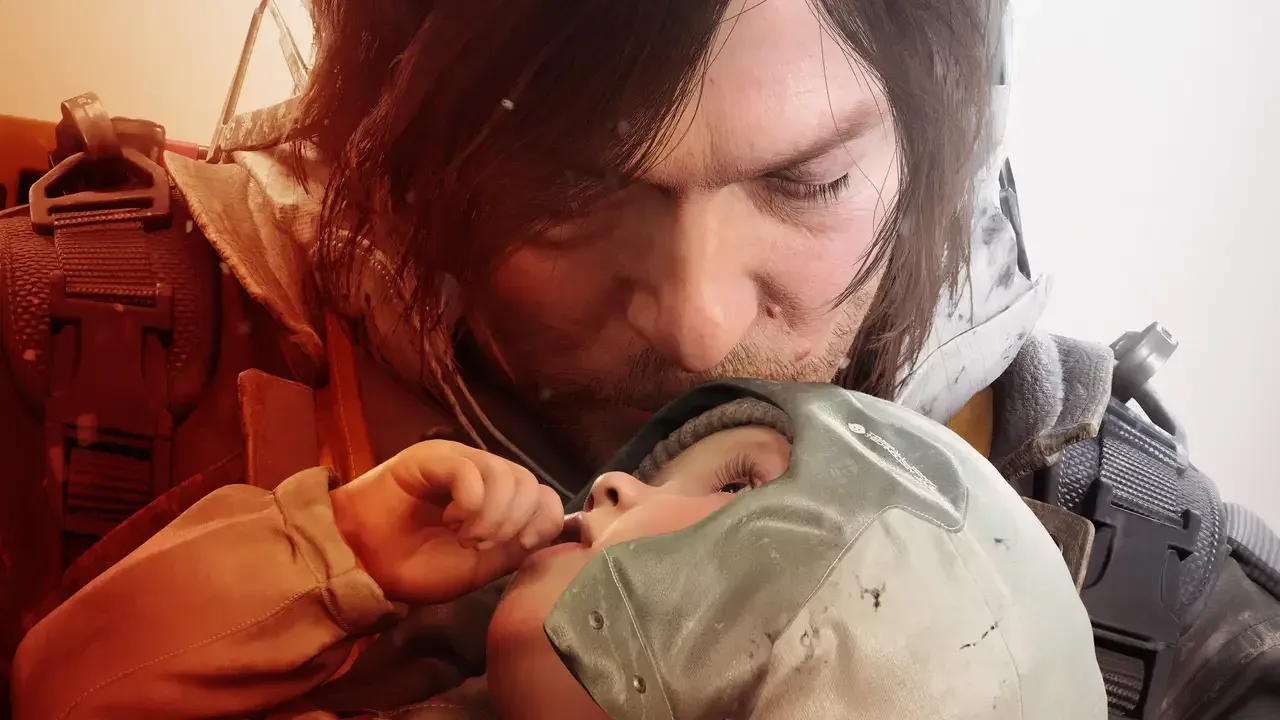
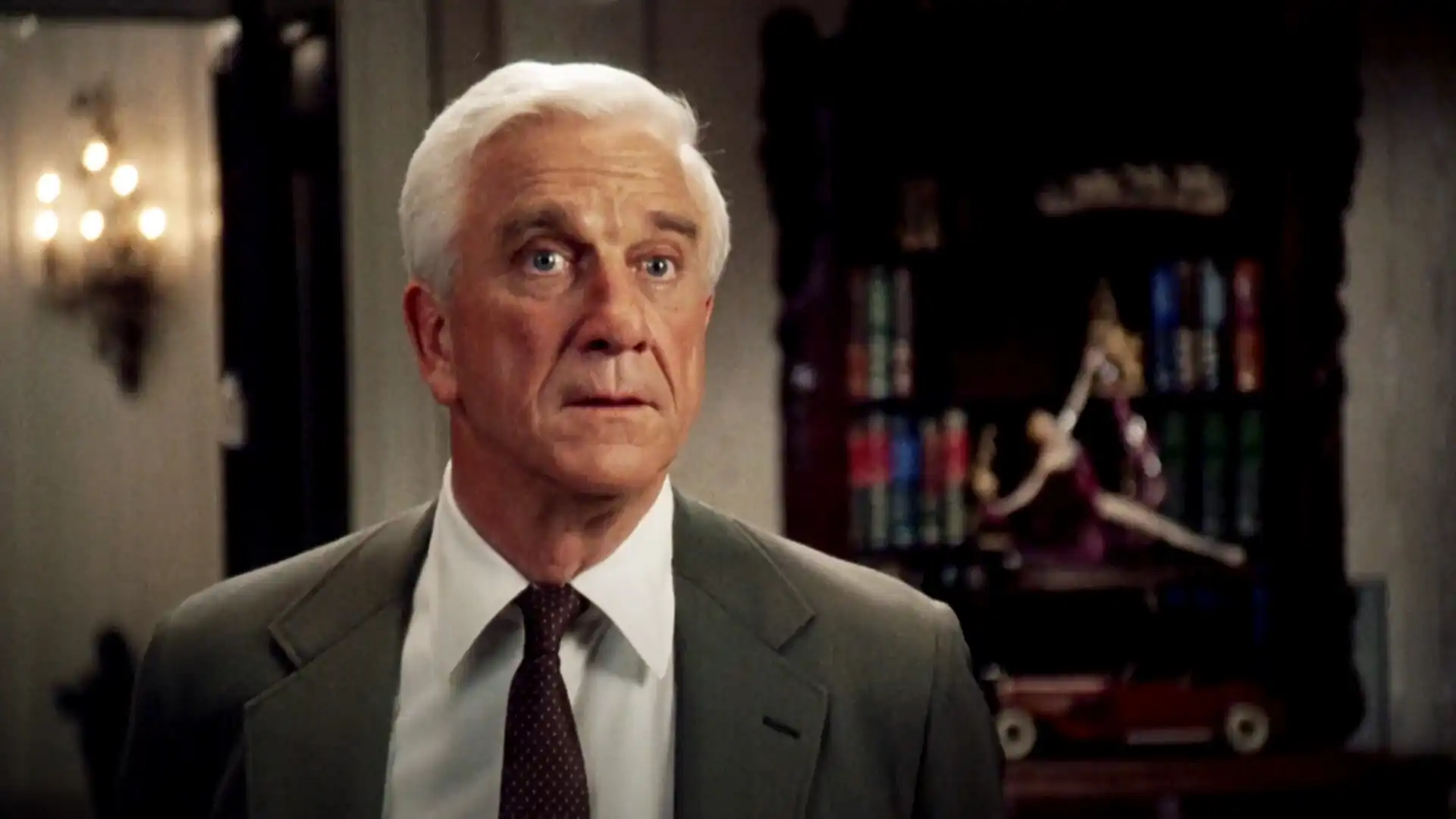

Discussion